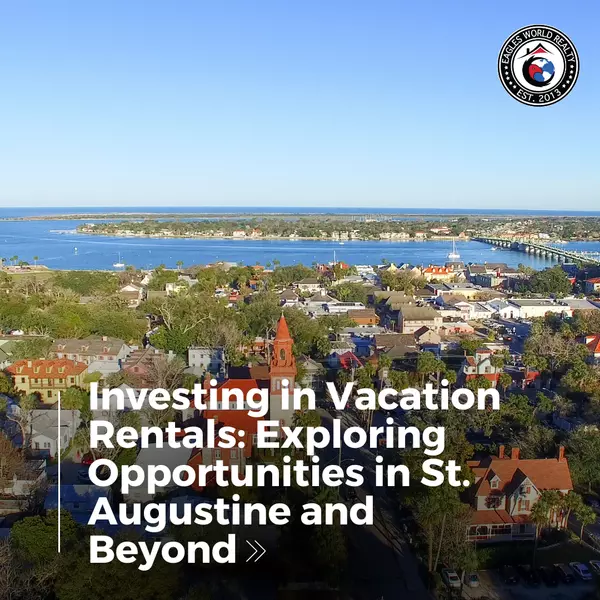Amelia Island Homeowners: Creating the Perfect Outdoor Living Area
Amelia Island homeowners have a unique opportunity to transform their outdoor spaces into personalized sanctuaries that blend relaxation, style, and functionality. Creating the perfect outdoor living area isn't just about enhancing your property—it's about embracing a lifestyle that celebrates the
Understanding Property Taxes and Homeowner’s Insurance in Florida
Buying a home is a significant milestone, and understanding the associated costs is crucial for prospective homeowners. In Florida, two important aspects to consider are property taxes and homeowner’s insurance. Both can have a substantial impact on your overall housing expenses, so it's essential
Investing in Vacation Rentals: Exploring Opportunities in St. Augustine and Beyond
Investing in vacation rentals has become a popular strategy for real estate investors seeking both rental income and property appreciation. Coastal Florida offers several attractive locations for this type of investment, including St. Augustine, Jacksonville Beach, Amelia Island, and Palm Coast. Ea
Orgest Lushnja
Phone:+1(904) 337-1392



